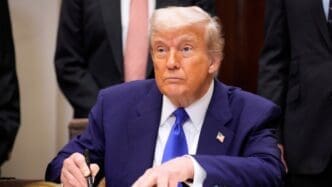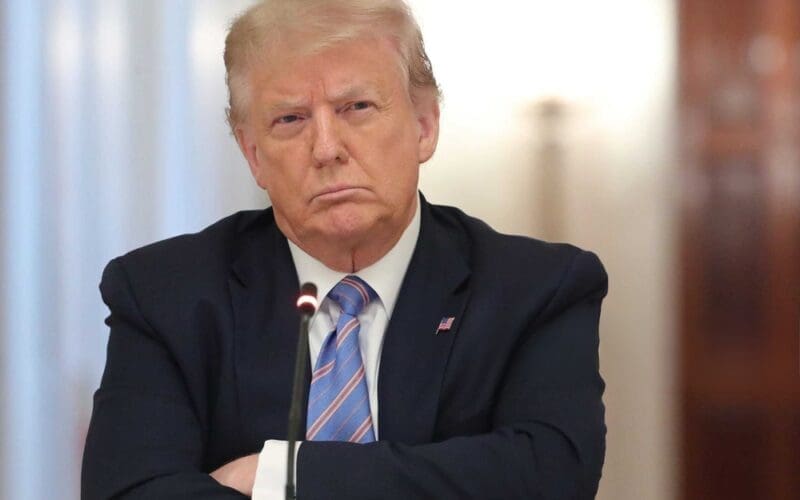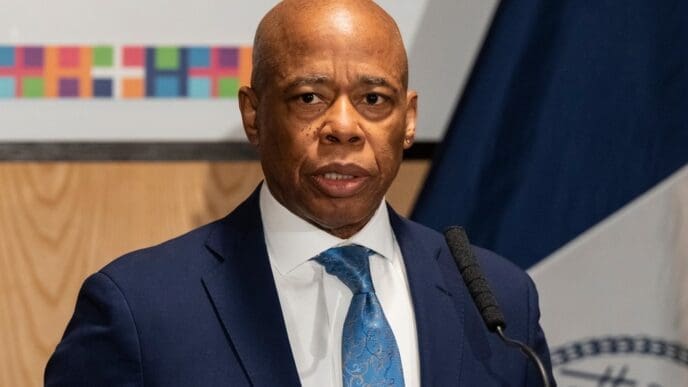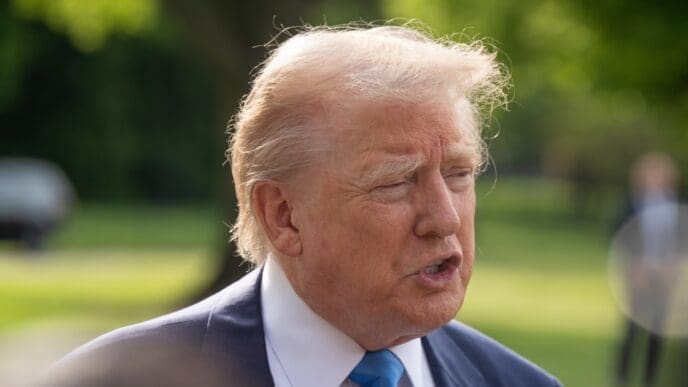President Donald Trump signed legislation on Thursday canceling approximately $9 billion in previously appropriated federal funds, a move that directly targets foreign aid programs and eliminates a significant portion of funding for public broadcasting. The bill represents a major victory for Republicans and the White House, which have long sought to reduce spending on these specific programs as part of a broader government efficiency and fiscal restraint initiative. This legislative action, known as a rescission, effectively claws back money that Congress had already approved but had not yet been spent by federal agencies.
Understanding the Rescission Process
The tool used to enact these cuts is a budgetary mechanism called rescission. This process allows the executive branch to propose the cancellation of specific funds that have been appropriated by Congress but remain unobligated.
Unlike a veto, which rejects an entire spending bill, a rescission targets line items within an already-passed budget. This gives the administration a powerful way to enforce its fiscal priorities after the main budget battles have concluded, effectively reshaping spending without having to renegotiate the entire federal budget.
A Detailed Look at the Funding Cuts
The $9 billion in canceled funds is not an across-the-board cut but is instead concentrated in two areas that have frequently been the subject of political debate: international assistance and domestic public media.
Impact on Foreign Aid
The majority of the canceled spending was designated for a variety of foreign assistance programs. While specific programs were not detailed, U.S. foreign aid generally encompasses humanitarian relief, economic development projects, global health initiatives, and security assistance to allied nations.
Supporters of the cuts argue that this spending is often inefficient and that the funds would be better used to address domestic needs or reduce the national debt. They contend that the U.S. carries too much of the financial burden for international stability and development.
Critics, however, warn that slashing foreign aid can have significant diplomatic and security consequences. They argue that such assistance is a key tool of American soft power, helping to build alliances, promote stability in volatile regions, and advance U.S. interests abroad without military intervention.
The Future of Public Broadcasting
A substantial portion of the rescission, approximately $1.1 billion, was pulled from the Corporation for Public Broadcasting (CPB). The CPB is a private, nonprofit entity created and funded by the federal government to help support public media outlets across the United States.
It is crucial to understand that the CPB does not operate stations itself but distributes federal funds to more than 1,500 locally owned and operated public television and radio stations. These funds are often vital for smaller stations, particularly those in rural and underserved communities, helping them produce local news, cultural programming, and trusted educational content like that from PBS and NPR.
The elimination of this funding stream raises serious concerns about the financial viability of many local stations. While large metropolitan stations may be able to absorb the loss through increased private donations, smaller stations could face drastic service reductions or even closure, potentially creating new “news deserts” in parts of the country.
The Broader Political Context
This action by President Trump is the culmination of a long-standing Republican goal to rein in what they view as non-essential government spending. The targeting of foreign aid and public broadcasting is ideologically driven, reflecting a conservative viewpoint that these areas are either wasteful or represent a form of government overreach.
The move underscores the deep partisan divisions over the role and scope of the federal government. While one side champions these cuts as a necessary step toward fiscal responsibility, the other views them as a detrimental retreat from global leadership and an attack on access to independent, educational media for all Americans.
Ultimately, the signing of this rescission bill marks a significant policy shift, redirecting billions from established international and domestic programs. The long-term effects of these cuts will be closely watched, both in terms of America’s standing on the world stage and the health of its local public media ecosystem.














